Google steps up their VR game and acquires Raxium, a MicroLED startup
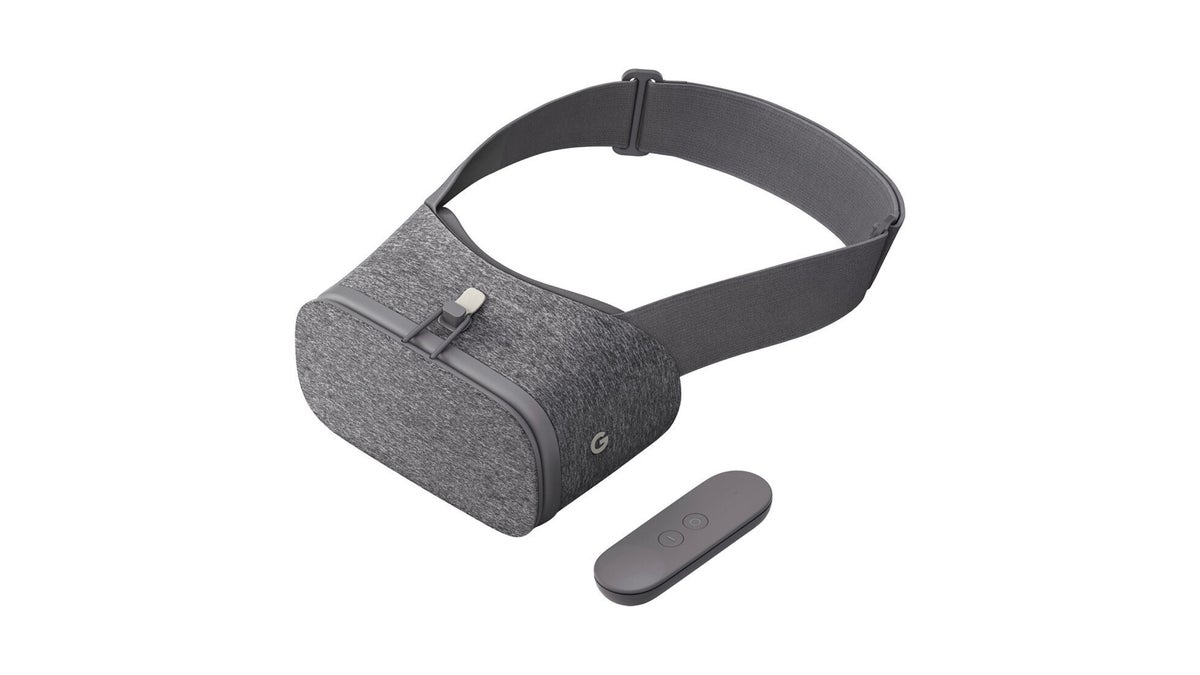
Google has announced their acquisition of Raxium, a tech startup that specializes in MicroLED technologies. The latter, because of its ability to facilitate displays that are high in quality, yet small and energy-efficient, is perfectly suited for use in VR and AR headsets.
Hence, why this move might represent the next step in Google’s ambition towards securing a more dominant position in the augmented/virtual reality market.
This information was originally disclosed in a blog post by one of Google’s Senior Vice Directors, Rick Osterloh, but many of the crucial details are missing. Even the basics such as the financial settlement were not made available to the general public.
For the time being, only two things are certain. Firstly, Raxium will join the Devices & Services division of the company. Secondly, they will play a part in advancing Google’s expanding hardware efforts.
The end goal is simple. Namely, to build “helpful devices and services to improve people’s daily lives”, as Osterloh phrased it in the original blog post.
Google hopes that through Raxium they will have a part to play in shaping the future of display technologies. It is increasingly likely that Google’s long-term ambition is to have a leading role in the expanding augmented/virtual reality market.
Google has previously made other decisions in this pursuit. In 2020, the company acquired another startup - the smart glasses manufacturer North. Google is also reportedly, based on recent recruitments and job listings, working on an AR operating system.
All of this culminates in “Project Iris” the codename for Google’s take on augmented reality. Currently, the product is in the early stages of development and a launch date set before 2024 is unrealistic.
Google is also doing everything in its power to keep information on Project Iris down to a minimum, especially given that their ill-fated former AR product (Google Glass), whose much-anticipated debut was met with a wave of disappointment. Therefore, it comes as no surprise that no clear link has been established between Project Iris and the acquisition of Raxium, at least for now.
- Google AR/VR headset - everything you need to know
Hence, why this move might represent the next step in Google’s ambition towards securing a more dominant position in the augmented/virtual reality market.
This information was originally disclosed in a blog post by one of Google’s Senior Vice Directors, Rick Osterloh, but many of the crucial details are missing. Even the basics such as the financial settlement were not made available to the general public.
The end goal is simple. Namely, to build “helpful devices and services to improve people’s daily lives”, as Osterloh phrased it in the original blog post.
Google hopes that through Raxium they will have a part to play in shaping the future of display technologies. It is increasingly likely that Google’s long-term ambition is to have a leading role in the expanding augmented/virtual reality market.
All of this culminates in “Project Iris” the codename for Google’s take on augmented reality. Currently, the product is in the early stages of development and a launch date set before 2024 is unrealistic.
Google is also doing everything in its power to keep information on Project Iris down to a minimum, especially given that their ill-fated former AR product (Google Glass), whose much-anticipated debut was met with a wave of disappointment. Therefore, it comes as no surprise that no clear link has been established between Project Iris and the acquisition of Raxium, at least for now.
However, this much is beyond doubt - Google aims to compete with the other big VR players such as Meta. Perhaps, Raxium can give it some of the means to do so.
Follow us on Google News






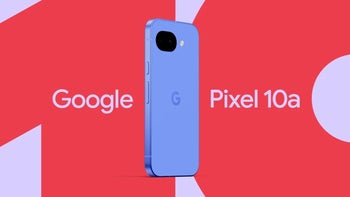
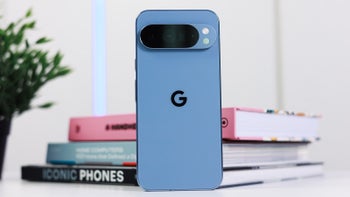
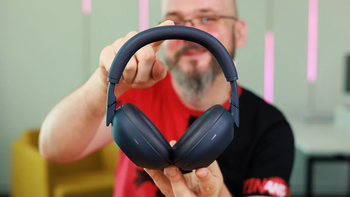
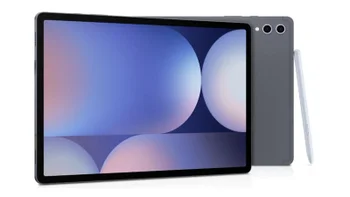

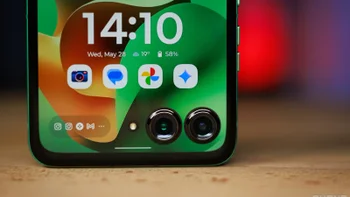
Things that are NOT allowed:
To help keep our community safe and free from spam, we apply temporary limits to newly created accounts: